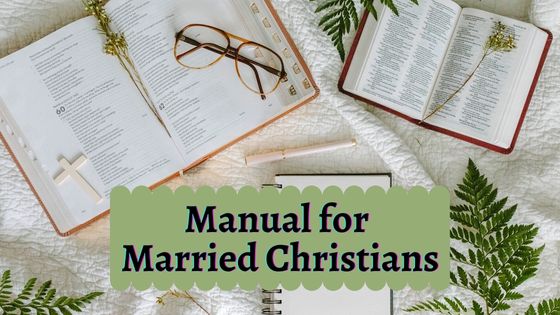Arise Conquerors through Christ
Coming to faith in Christ is no guarantee of a smooth and easy life. Just because you trusted in the Lord that you will no longer go through trials and tribulations. We all have our own “goliaths” to face. There are even times when we feel like the whole world is against us. But in … Read more










